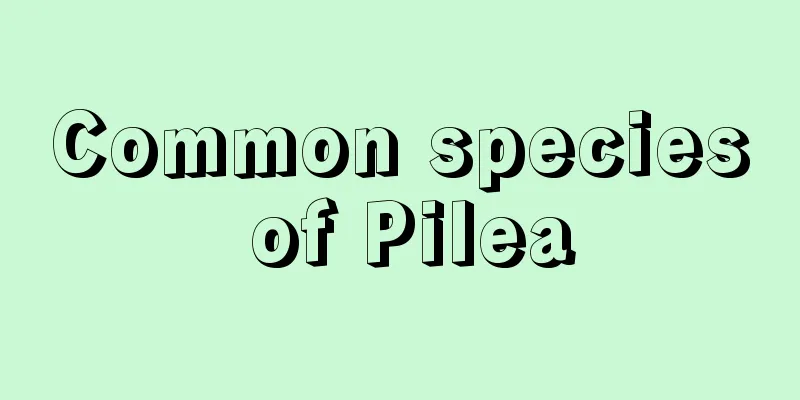Evening primrose cultivation methods and precautions

How to grow evening primroseilluminationEvening primrose likes light and is suitable for cultivation in a ventilated and bright place in the courtyard. It can also be grown on the balcony to absorb sunlight every day. FertilizationDuring the growth period, apply liquid fertilizer 1-2 times a month. Nitrogen fertilizer is mainly used during the growth period, and phosphorus and potassium fertilizers are mainly used during the bud formation period. WateringEvening primrose is relatively drought-resistant but not water-resistant. Water it in time when the soil surface is dry. After each watering, tillage and weeding should be carried out in time to facilitate moisture conservation and ventilation, and promote the healthy growth of the plants. soilEvening primrose is not very demanding in terms of soil. Generally, neutral, slightly alkaline or slightly acidic soils are acceptable. It grows best in sandy loam with good drainage, looseness and fertility. Precautions for evening primrose cultivationPinching after plantingIf the evening primrose is transplanted from somewhere else, it is necessary to pinch the tops of the plants after they have been established to promote branching and dwarfing of the plants and increase the amount of flowering. Can overwinter in the open in the southEvening primrose is relatively cold-resistant and can overwinter in the open field in warm areas of the Yangtze River Basin. However, if the temperature in northern regions is too low, it must be transferred to a greenhouse for cultivation. Fertilize during flowering periodDuring the flowering period of evening primrose, use dilute human urine, or liquid fertilizer made from fermented bean cake, rapeseed cake, or colored bones, diluted with 9 parts of water, and apply once every 3-4 days. October is suitable for sowingEvening primrose is generally suitable for sowing in October. When winter comes, the seedlings should be transferred indoors for wintering and then transplanted in spring. Biennial cultivation produces more flowers than annual cultivation. Spring and summer are suitable for cuttingsCuttings are suitable for spring and summer. They will take root and sprout in about a month. They will bloom about 85 days after being potted. Stop fertilizing in winterStop fertilizing half a month before bringing the evening primrose indoors for the winter. |
<<: Cultivation methods and precautions of zinnia
>>: Complete list of morning glory varieties
Recommend
Can chestnut pumpkin seeds be planted?
Can chestnut pumpkin seeds be planted? Chestnut p...
How to propagate Christmas cactus
Cutting propagation The simplest method of reprod...
Can hyacinth be grown hydroponically?
Can hyacinth be grown hydroponically? Hyacinth ca...
When to top a potted lemon
1. Topping the Plant 1. Time: This type of plant ...
It is better to water strawberries every few days.
How often should strawberries be watered? Strawbe...
What is the difference between Jianlan and Hanlan
The following method of distinction is used when ...
What soil is suitable for growing figs?
Fig Introduction Figs are highly adaptable and ca...
There are several varieties of tiger skin orchid, pictures and names, tiger skin orchid varieties and characteristics
There are more than 30 varieties of tiger skin or...
What is lily of the valley and how to propagate it
1. What is Lily of the valley is a perennial herb...
How to grow dragon blood tree in spring
1. Suitable temperature The most suitable tempera...
Can Houttuynia cordata be planted with seeds? How to obtain seeds?
1. Can I plant it from seeds? Houttuynia cordata ...
When does Kalanchoe bloom?
1. Flowering time The flowering period of Kalanch...
The growing environment and local conditions of gourd
Gourd Growth Environment and Conditions The gourd...
How to grow hydroponic bamboo to make it more vigorous
Tap water can be used for hydroponic bamboo, beca...
Camellia transplanting time and method, which season has the highest survival rate?
Camellia transplanting must also follow the growt...









